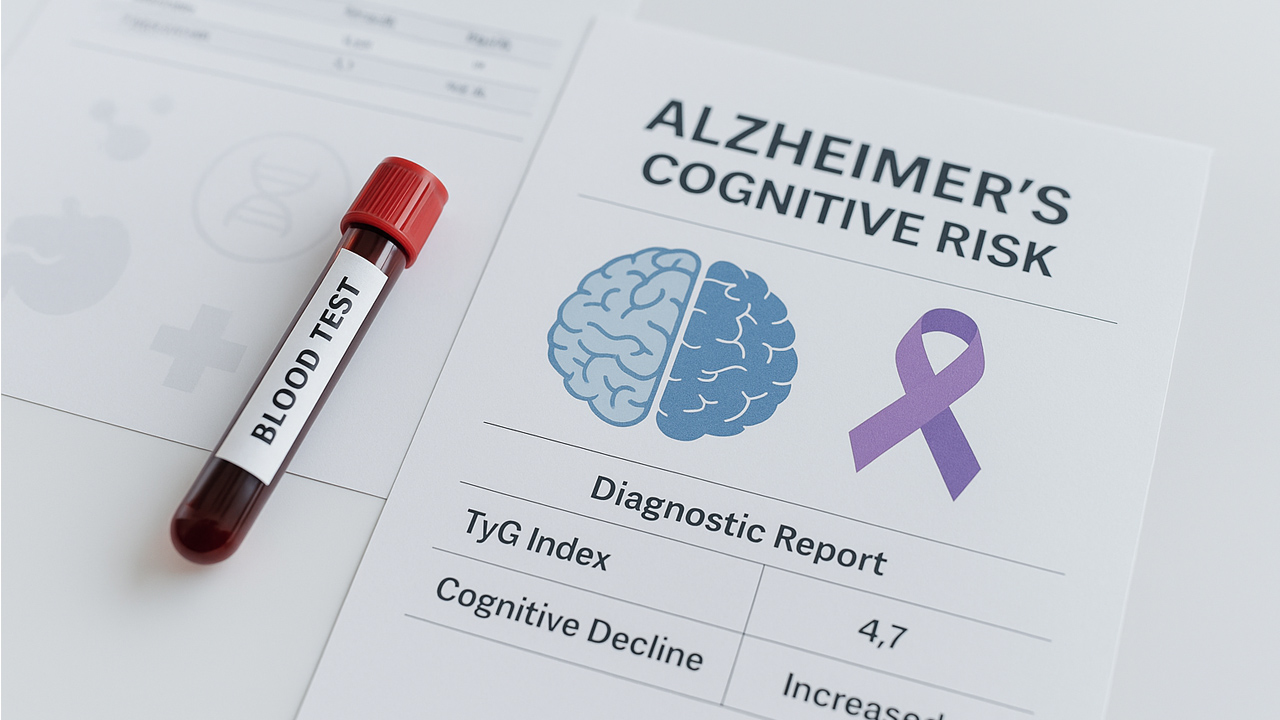Blood Test Could Identify People at High Risk of Developing Alzheimer's

A simple blood test already used to screen for type 2 diabetes may also help predict Alzheimer’s-related cognitive decline.
As The Dallas Express previously reported, more than seven million Americans are now living with Alzheimer’s disease. New research suggests that a routine test for type 2 diabetes could help identify individuals at greater risk of developing the condition.
According to research presented at the 2025 European Academy of Neurology Congress, a common blood test for insulin resistance may also help flag individuals at higher risk of cognitive decline.
Researchers from the University of Brescia in Italy analyzed data from 315 non-diabetic individuals showing signs of cognitive decline, including 200 confirmed Alzheimer’s cases. All participants were tested for insulin resistance using the triglyceride-glucose (TyG) index, a metric derived from a standard blood test. They were evaluated again three years later.
Participants were grouped based on their level of cognitive impairment and their TyG insulin resistance scores.
The researchers found that individuals with Alzheimer’s-related mild cognitive impairment and the highest TyG scores declined four times faster than those with lower scores. The same correlation was not observed in patients whose cognitive decline stemmed from other causes.
“Once mild cognitive impairment is diagnosed, families always ask how fast it will progress,” said lead investigator Dr. Bianca Gumina, according to the Independent.
“Our data show that a simple metabolic marker available in every hospital laboratory can help identify more vulnerable subjects who may be suitable candidates for targeted therapy or specific intervention strategies,” she added.
Insulin resistance is believed to impair glucose uptake in the brain, potentially lowering neural activity. That disruption may lead to inflammation, compromise the blood-brain barrier, and contribute to the buildup of amyloid — a protein linked to toxic plaque formation and Alzheimer’s progression.
“If targeting metabolism can delay progression, we will have a readily modifiable target that works alongside emerging disease-modifying drugs,” Gumina said.